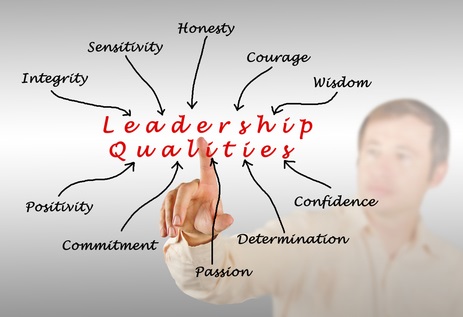 |
Too many companies may be facing a gap between the leadership they have now and the leadership perspective they will need for critical roles in the future, as faster communications, shifting demographics, and countless other changes make the business landscape uncertain and ambiguous.
“There are some aspects of leadership that are timeless, like vision, intelligence, good judgment, courage, ambition, and integrity,” says Roselinde Torres, senior partner of The Boston Consulting Group (BCG) and leadership expert in its People & Organization practice. “However, the hierarchical, inward-focused leadership style that defined the 20th century is unraveling. The leadership profiles, programs, and processes that businesses used in the 20th century do not fit 21st-century leadership needs.”
You know your managers could do a better job if they were trained—and now BLR® offers you an easy and affordable way to get that done—with our TrainingToday® 24/7 online Leadership Library. Get more information.
Torres says there are four key characteristics that differentiate leaders who thrive in today’s fast-changing business environment:
1. The capacity to navigate. This skill allows leaders to scan the constantly shifting landscape for signals, patterns, and trends that may impact their company’s ability to grow.
2. The capacity to empathize. Leaders need the ability to reach people who are different from them. “Empathetic leaders can connect with others through a softer influence than simple, top-down hierarchy,” says Torres. “Instead of asserting herself through the power of her position, the 21st Century leader exerts influence based on values.”
3. The capacity to self-correct. Self-correcting has to do with understanding that a practice or behavior that worked well in the past may not be as effective today—and can actually be damaging. “Organizations now need executives and leaders who question the status quo and revisit their own personal and long-held assumptions about leadership, business, and success,” adds Torres.
4. The capacity to set up win-win propositions for stakeholders. Leaders must embrace the increased transparency and competition wrought by rapid information flows. “We are seeing a broader array of stakeholders, with nongovernmental organizations, labor unions, community organizations, bloggers, and many others joining the traditional network of customers, suppliers, and employees,” says Torres. “As a result, the most effective leaders strive to create winning propositions for the entire spectrum of stakeholders.”
“Think of these four characteristics as the four points of a compass. They act as a directional guide in a more volatile, uncertain, and globally interconnected world,” says Torres.
Worried about ever getting your managers and supervisors trained to be effective leaders? It isn’t easy to fit it in—schedulewise or budgetwise—but now there’s BLR’s Leadership Library for Managers and Supervisors. Train all your people, at their convenience, 24/7, for one standard fee. Get more information.
In tomorrow’s Advisor, we’ll look at three critical aspects of effective leadership training for the modern world.
